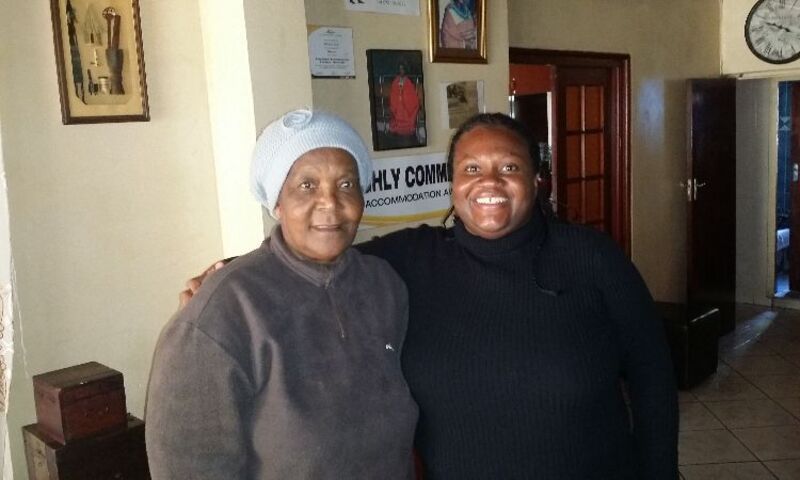Economic empowerment is complex, according to Dr. Katrina Greene, associate professor of anthropology and intercultural studies in 51¬Ð¿Ú‚Äôs Cook School of Intercultural Studies. Greene‚Äôs latest research showcases how black female bed-and-breakfast and guesthouse entrepreneurs in Cape Town, South Africa positively engage in their individual economic empowerment while simultaneously diffusing less empowerment to members of their local communities than previously through the operation of their businesses.
“I became interested in these female entrepreneurs who not only ‘worked at home,’ but ‘made home their work,’” said Greene.
Greene’s research emerged from her earlier work on women, community development, self-help initiatives and economic empowerment related to the emergence of new economic and social development opportunities in the early post-apartheid period of South Africa. Black female B & B and guesthouses in the townships emerged due to a desire by some women in the townships to open their homes to international tourists in the early post-apartheid period.
Her latest research, which she presented at the (AAA) annual meeting last fall, highlights a shift in the economic empowerment of local community members in relation to the B & B and guesthouse entrepreneurs due to a change in the township tourism industry.
Greene explained that these female entrepreneurs had historically hosted mostly white international tourists who were looking for more authentic experiences that could be gained by an overnight or multi-night stay in the townships. Now, the majority of patrons are middle-class Black South African domestic visitors who wanted to stay in townships instead of with family or friends. Therefore, guesthouse entrepreneurs were not contracting with as many community members to entertain their domestic guests, who unlike international tourists, were not interested in learning about township culture or being entertained by traditional dancers and other artisans as they were already familiar with these types of entertainment.
“I believe that the female entrepreneurs of my study were still engaged in empowerment, but such empowerment looked different than it once did related to their communities,” said Greene. “... Even though the majority of many of these entrepreneurs’ current guests were engaged in activities different from those of their earlier guests, these entrepreneurs were still contributing to their communities.”
Stemming from her undergraduate studies at Georgetown University, Greene’s interest in South Africa continued to grow through her doctoral program in Anthropology at American University. Since 1997, Greene has conducted field research in South Africa in various capacities including as a Fulbright Scholar when she was a doctoral candidate conducting field research for her dissertation. She began studying black female B & B and guesthouse entrepreneurs in Cape Town, South Africa in 2005.
As a professor at 51¬Ð¿Ú, Greene was awarded the 2018-2019 Faculty and Research Development Grant and she desires to continue to conduct periodic research in Cape Town, South Africa. She plans to return to South Africa in summer 2024 for more research related to the current status of these entrepreneurs and their businesses in light of the COVID-19 pandemic.
Greene teaches an Economic Anthropology course where her research will be useful to discuss connections between culture and economic values and behaviors. She also leads the International and Community Development concentration, minor, and digital badge within Cook School of Intercultural Studies.
“We live in a globalized world, so I believe that we should be interested in what people are doing in other places in the world,” Greene said. “I would suggest that understanding others, including the women of my study in South Africa, can help Americans understand more about them as well as ourselves related to how we care for our families and desire to live lives of value and meaning.”
Learn more about and apply to 51¬Ð¿Ú‚Äôs Cook School of Intercultural Studies.
Written by Charlotte McKinley, public relations intern. For more information, please email media.relations@biola.edu.
 51¬Ð¿Ú
51¬Ð¿Ú

.jpg)
.jpg)
.jpg)